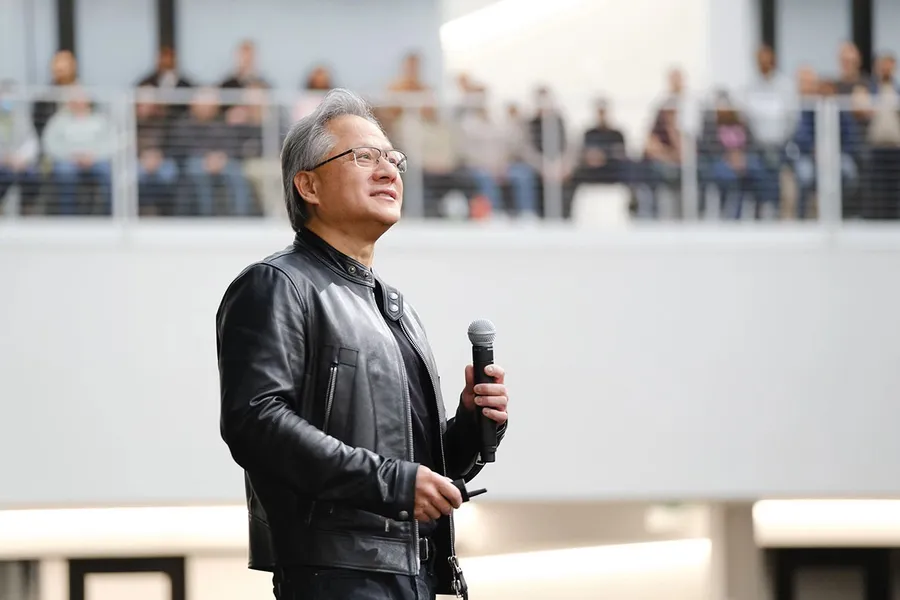
You must endure hardship—Doing difficult things and overcoming them is the only way to truly appreciate your achievements.
Erasing hierarchy is about managing information—Problems should be solved together, as a team.
Hold meetings with 60 people, not one-on-one—Collaboration matters.
Contributions to work shouldn’t be based on information privilege—What you know shouldn't determine your worth.
Most people compete in the same market—Creating a new market means fewer competitors.
Ask yourself daily: Is the current situation the same as when we decided to do this?—Constantly reassess the direction. If you can't answer basic questions, it usually means you're being stubborn.
He dislikes seeing employees sending reports—Instead, he asks his team to send him the five most important things each day.
"I am the receiver, not the sender"—If he shares his top five tasks, people will feel compelled to act on them, potentially disrupting the feedback system.
Mistakes teach you a lot, but making them is embarrassing—If someone else makes the mistake, it's the best chance to learn.
Meetings focus on problems everyone is facing—He spends a lot of time explaining his decisions so employees can learn how leaders solve issues.
Direct contact with experts is essential—Avoid information filtering or being passed along.
Don't hide information, be transparent—Transparency is key.
There are no rigid 1-year or 5-year plans—Plans are flexible, evolving with daily, monthly, and market changes.
He dislikes firing people—Hiring and retraining are a hassle.
He carefully nurtures talent—Through continuous explanation and pushing, employees become highly capable.
A team that constantly fears being fired won’t work well together—Stability builds collaboration.
Only those who don’t understand AI fear it will replace people—If a boss fires people because of AI, they don’t really understand it. AI should help you hire more talent, not less.







